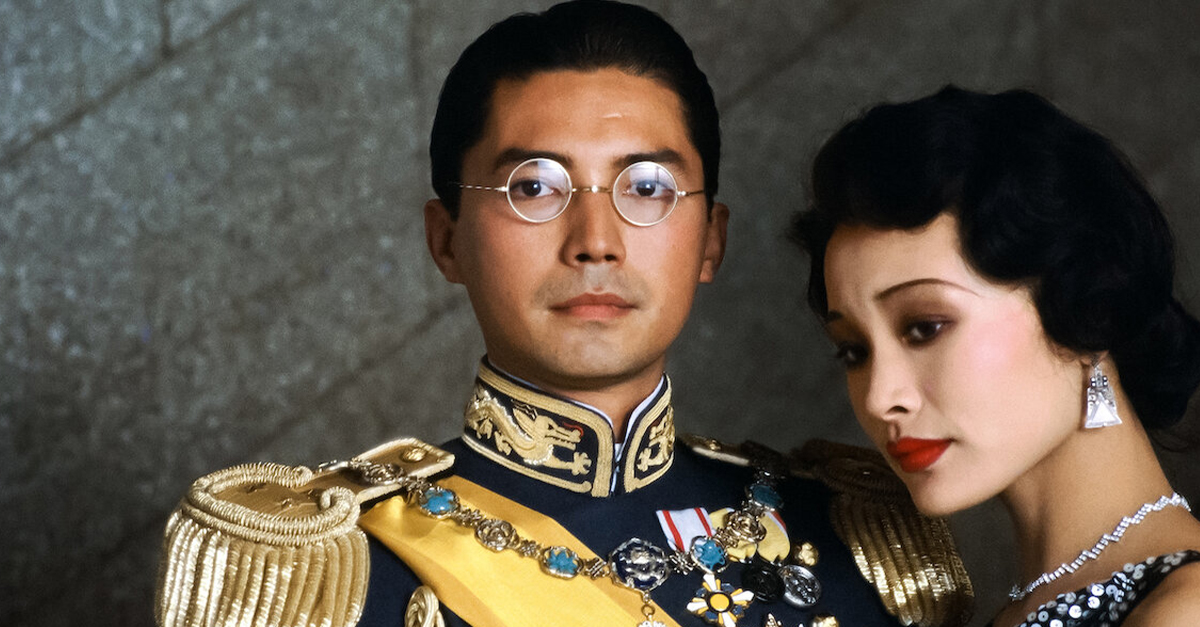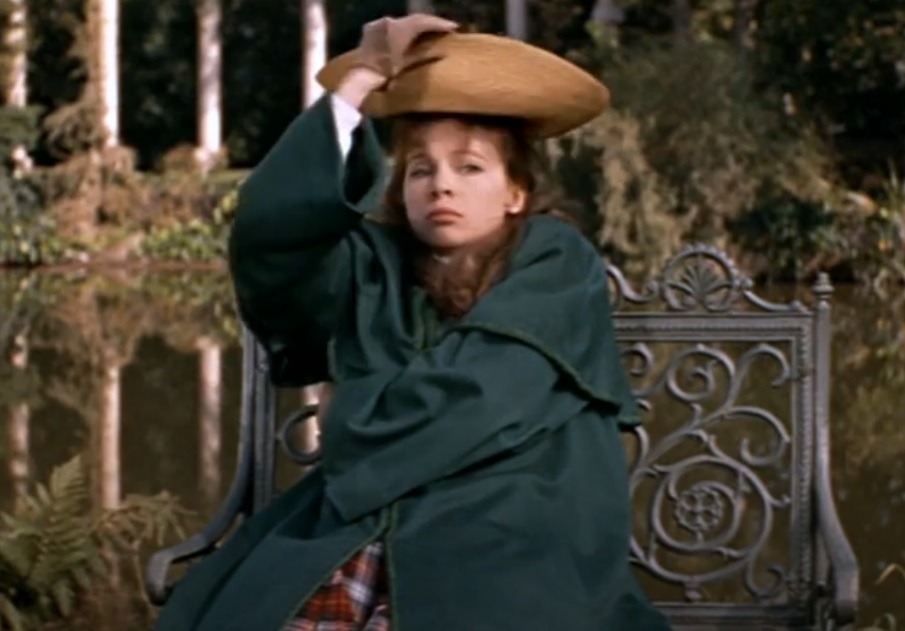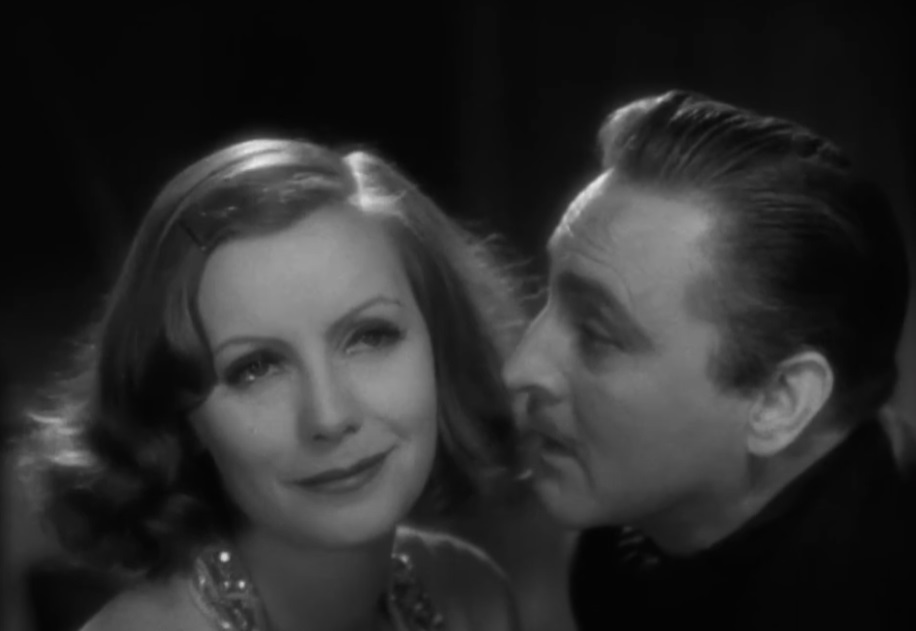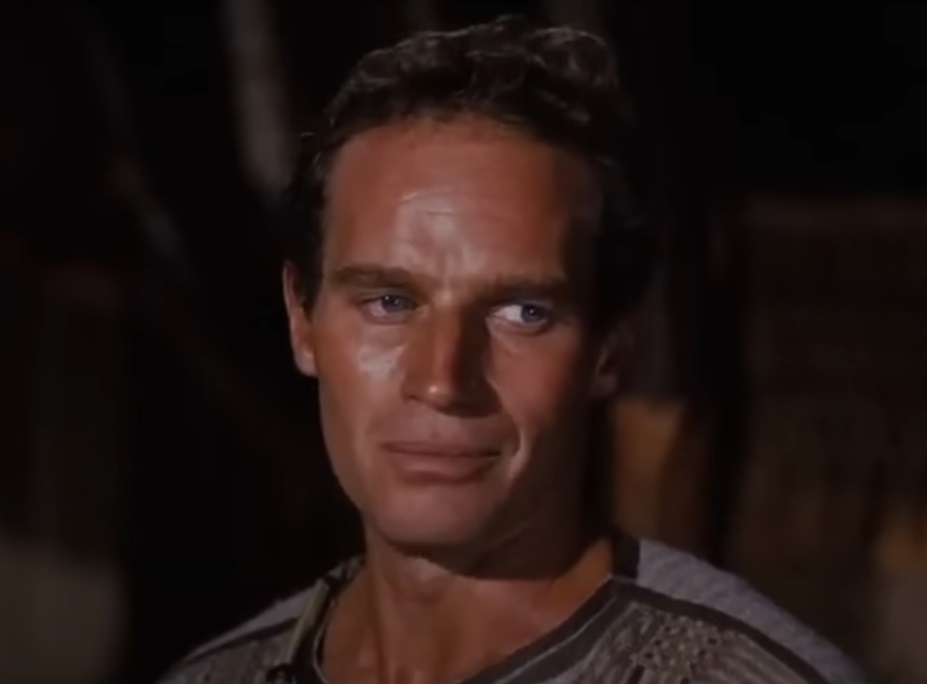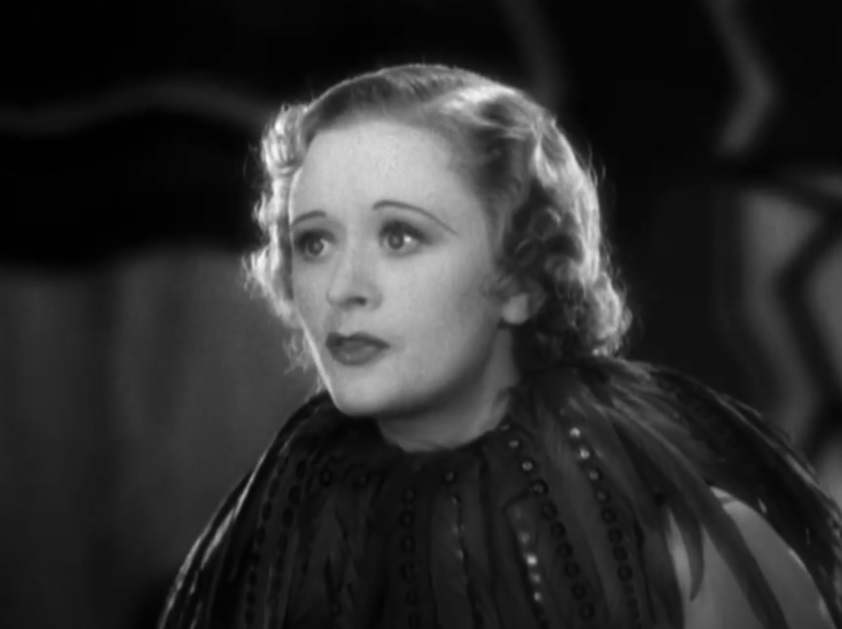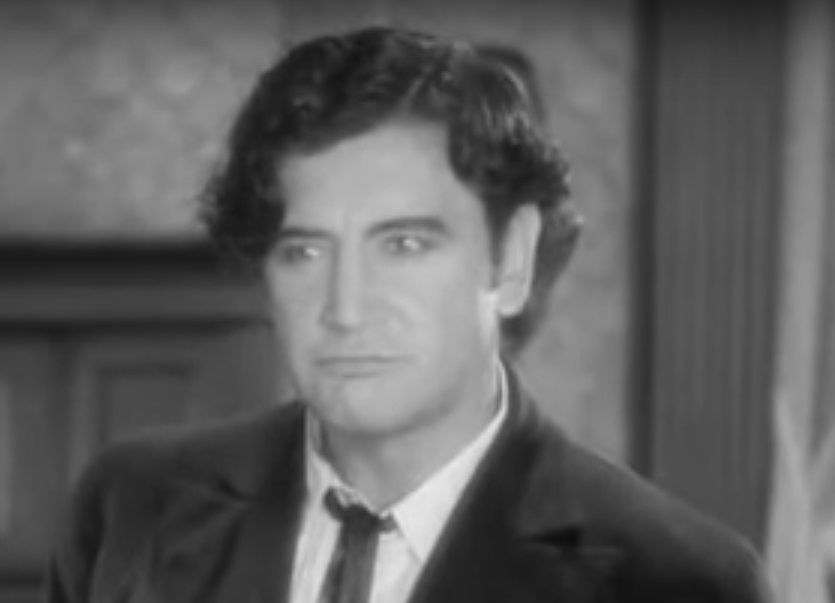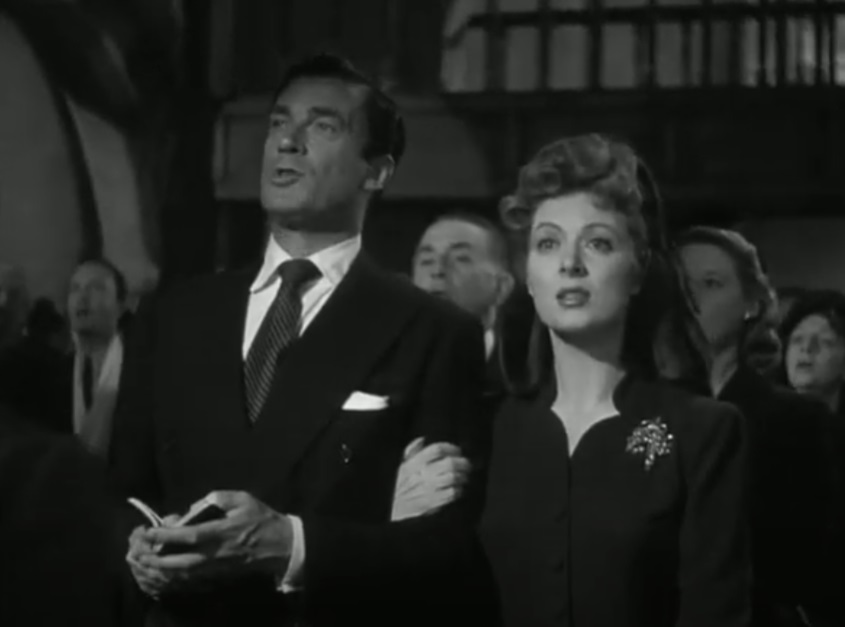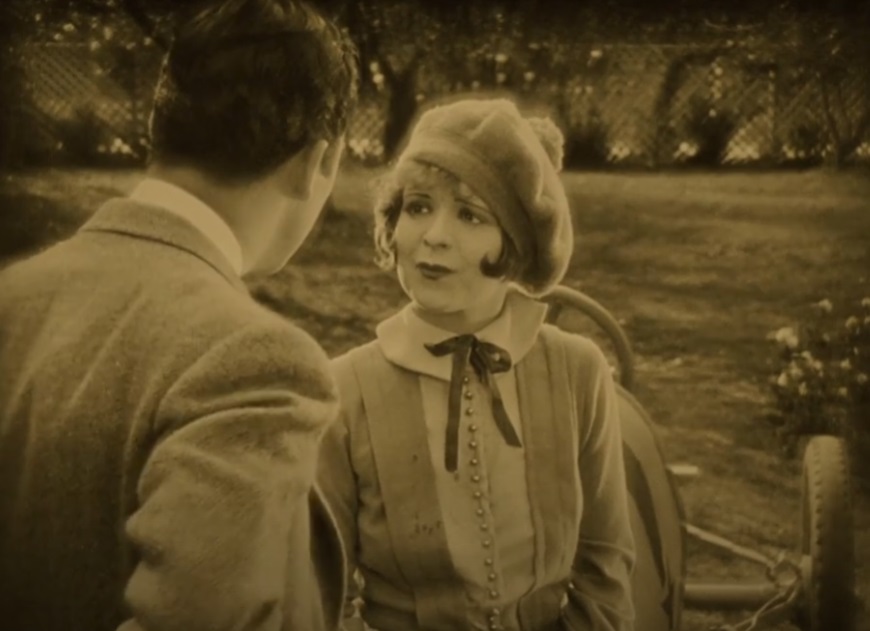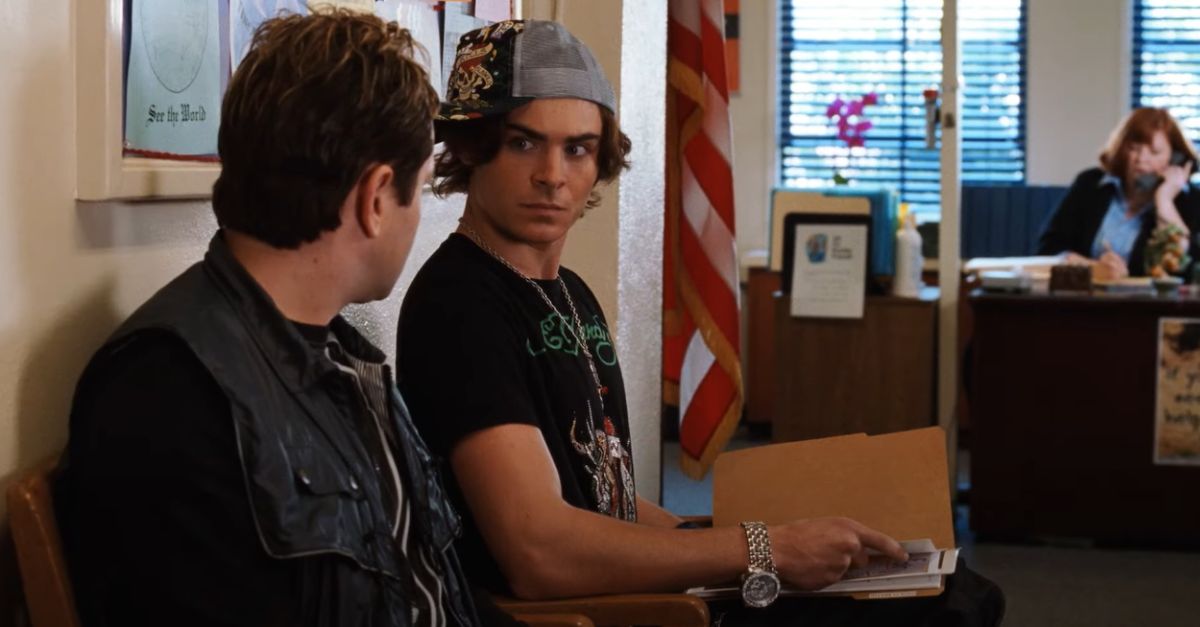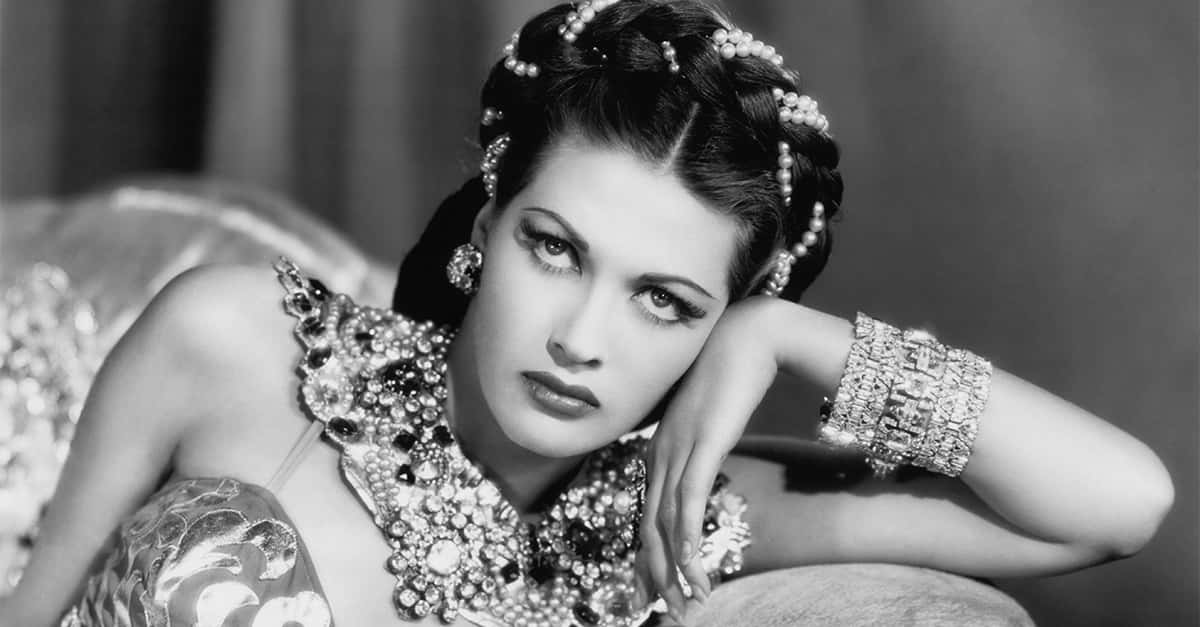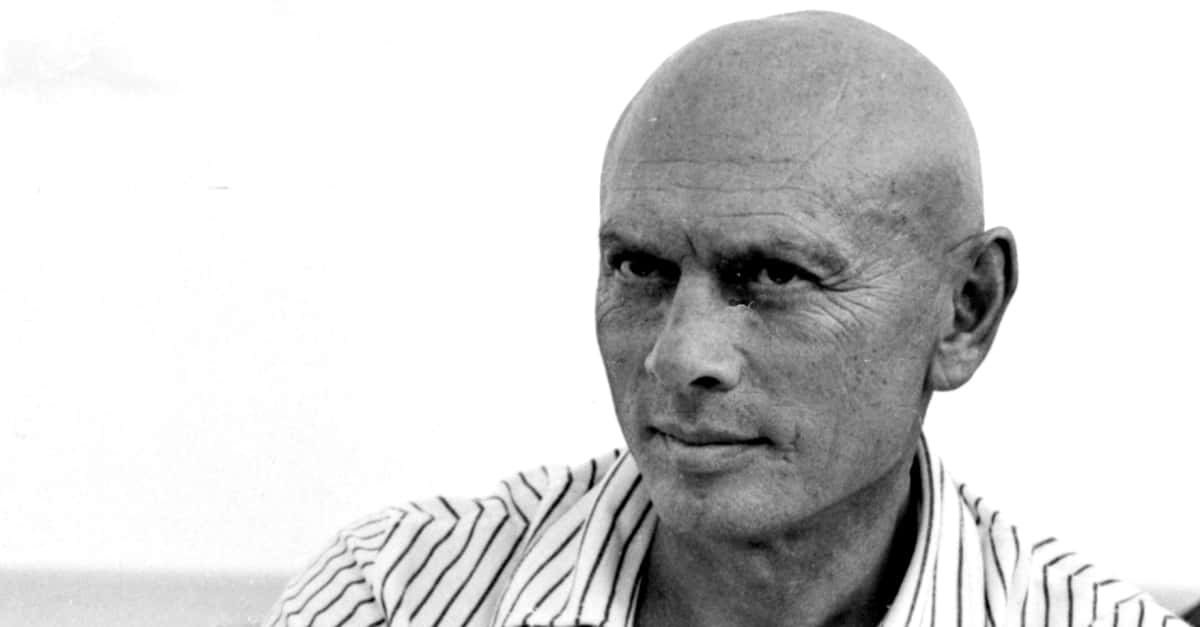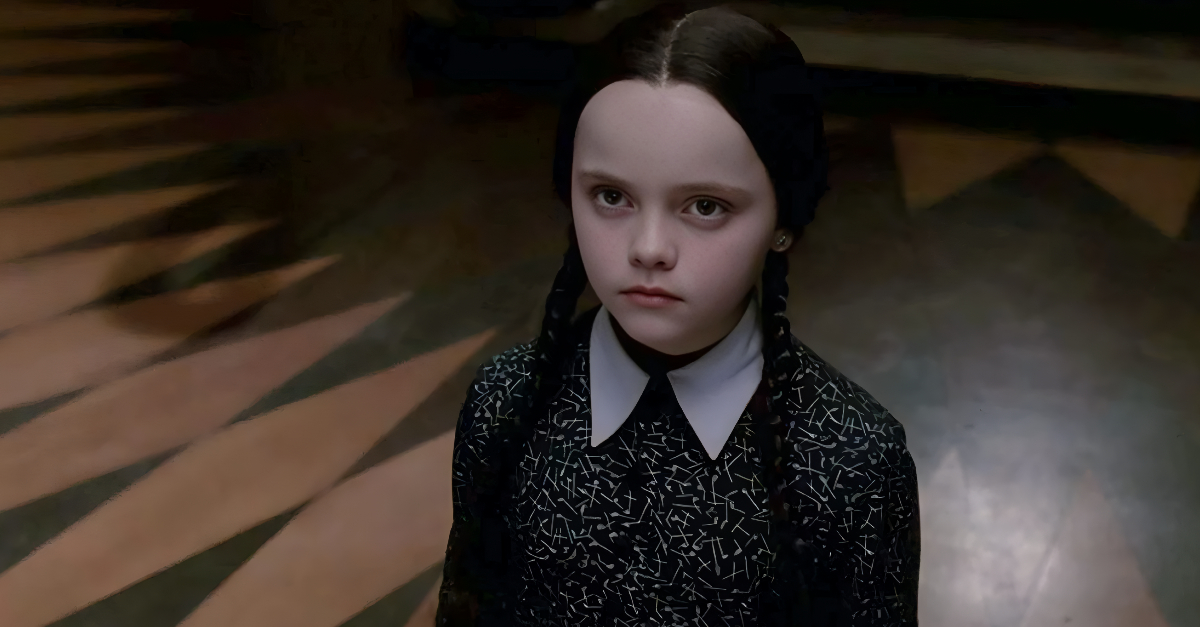Best Picture Winners You May Not Have Seen
The strange thing about movies that win Best Picture Oscars is how often people seem to forget about them. Cinema buffs will know many of these films but as a rule, many Best Picture winners fade into obscurity. Not for lacking in quality, these films nevertheless seemed to disappear from the public eye.
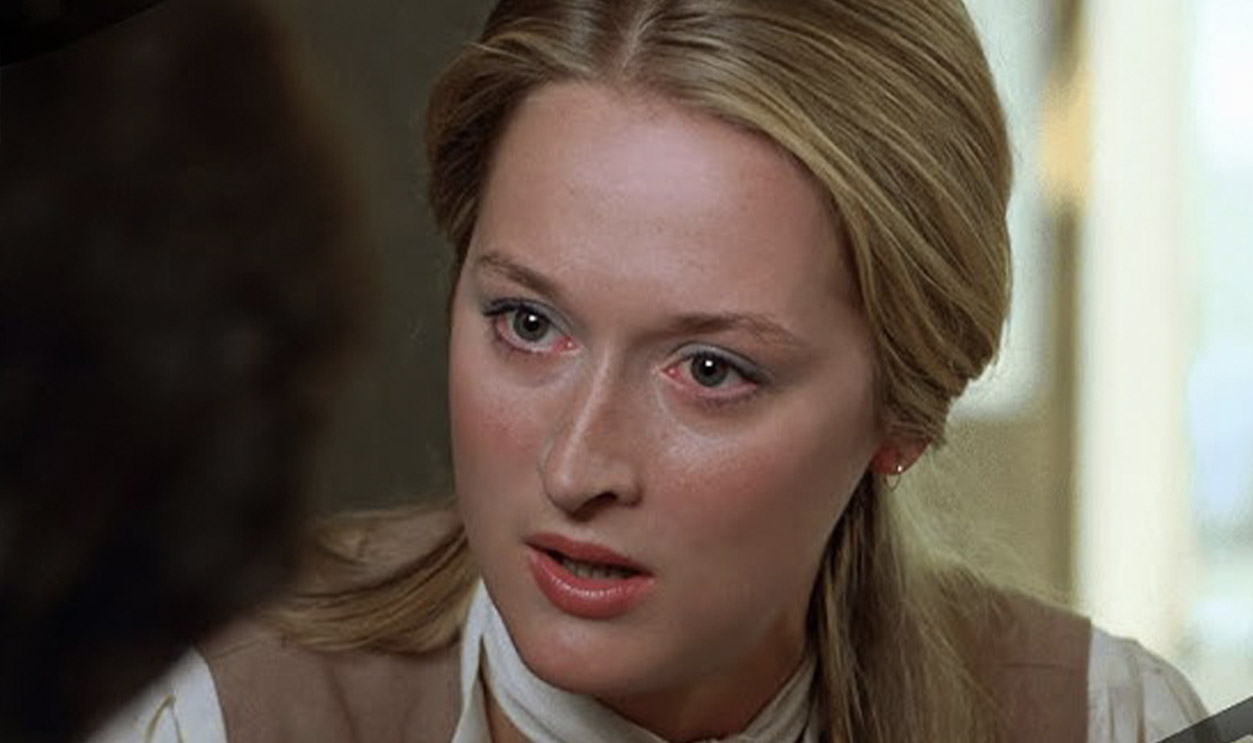
Oliver! (1968)
This was based on the Broadway musical, which is revived quite often, but aside from some memorable songs, the film doesn’t seem to have the lasting appeal of other 1960s musicals such as The Sound of Music. The film was a solid hit but no one seems to talk about it much these days.
Ordinary People (1980)
A strong film with some great performances, Ordinary People is mostly remembered for winning Best Picture over Martin Scorsese’s Raging Bull. This snub set the precedent for Scorsese being shut out of the Oscars for decades despite being considered one of the best directors in history.
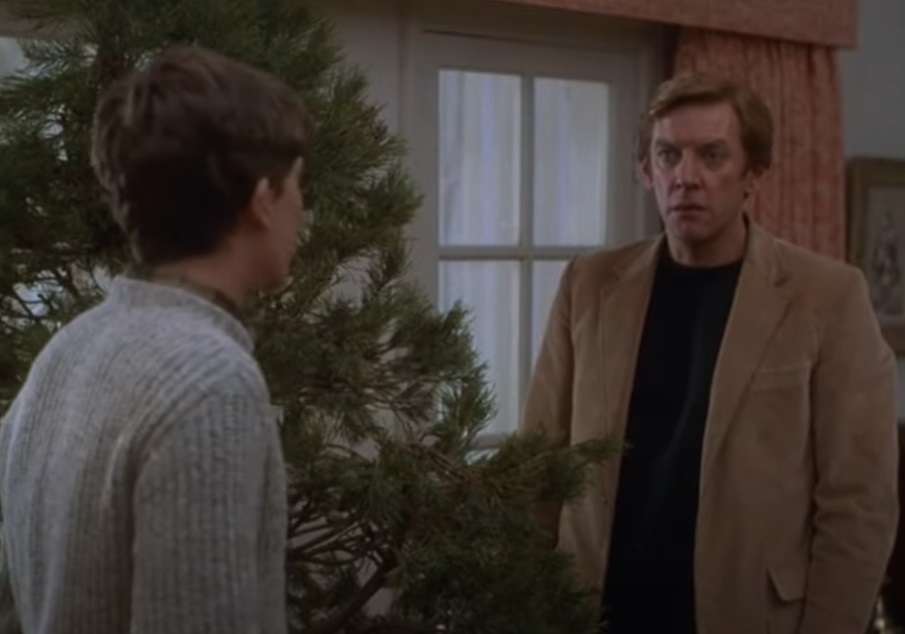 Paramount, Ordinary People (1980)
Paramount, Ordinary People (1980)
A Man For All Seasons (1966)
They seemed to make movies differently in the past. A thoughtful adaptation of a play about a historical subject, this is the type of movie that would not be expected to be a box office hit these days. This one doesn’t seem to be on anyone’s radar almost 50 years after its release.
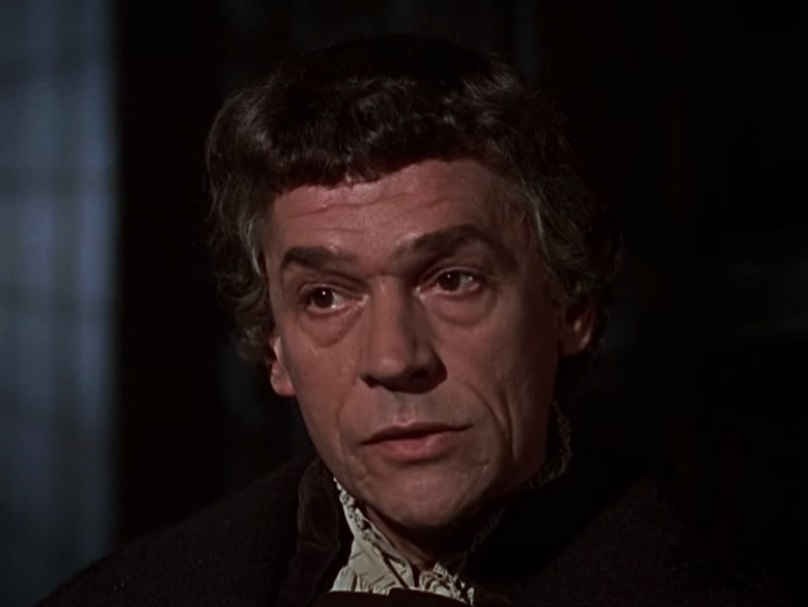 Columbia, A Man for All Seasons (1966)
Columbia, A Man for All Seasons (1966)
From Here To Eternity (1953)
This was a slow-paced romance that, over the decades, has become remembered more for the parodies of the risqué-for-the-time scene of Burt Lancaster and Deborah Kerr amorously rolling around on the beach, waves crashing over them. Many people are familiar with the scene without even knowing where it’s from.
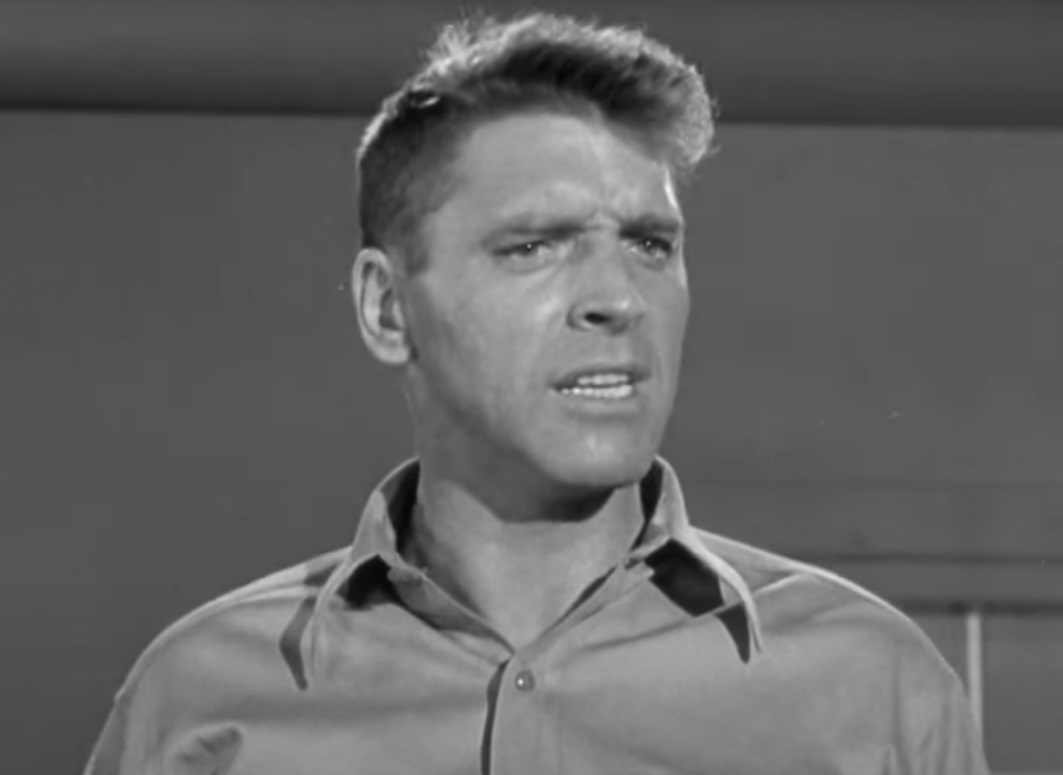 Columbia, From Here to Eternity (1953)
Columbia, From Here to Eternity (1953)
Gigi (1958)
This was a big musical for its time, splashy and tuneful. Like many musicals, however, it seems dated now and it’s not remembered as well as other musicals of the era, such as Singin’ in the Rain or West Side Story.
Grand Hotel (1932)
Movies made before WWII have a certain aura that makes them feel like museum pieces to contemporary audiences. Grand Hotel was a big film for its time and it is a fascinating look at a very different era. However, its pacing and its structure around a series of vignettes will seem very foreign to audiences today.
The Last Emperor (1987)
This was a big and sprawling historical epic that focuses on a history many Western audiences are unfamiliar with. Tracing the life of Pu Yi, the last emperor of China, from childhood to his life in communist China is sweeping, making for a long film. It seems like audiences might not be so eager to devote so much time to one film, not unless it was broken up into smaller streamed episodes.
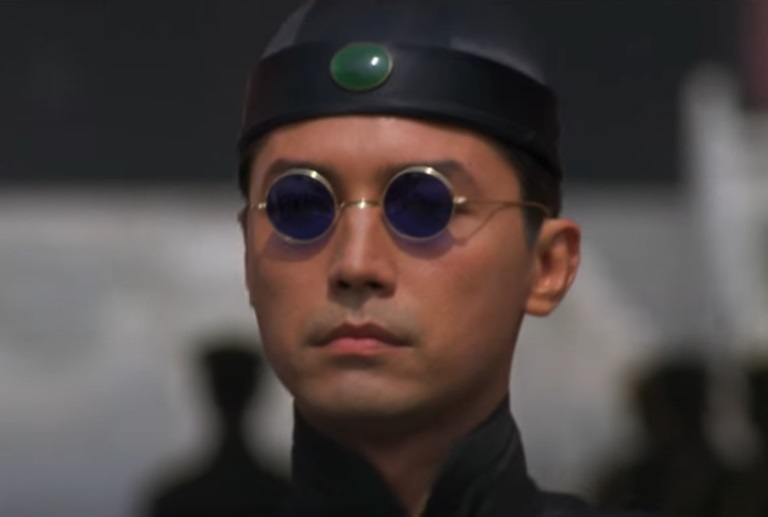 Columbia, The Last Emperor (1987)
Columbia, The Last Emperor (1987)
Ben-Hur (1959)
People haven’t actually forgotten about Ben-Hur but despite its success at the box office and its Best Picture win, critical consensus is that it's flawed and very dated. Today’s audiences may be more familiar with it from university film classes, with the more recent academic focus on the gay subtexts throughout the film. That was something lost on much of the audience—and the film’s star, Charlton Heston—back in 1959.
Terms Of Endearment (1983)
The late 1970s and early 1980s saw a string of films that were focused on relationships rather than big splashy subjects. There were still historical epics winning the Best Picture Oscar, like Gandhi in 1982, but many were slow-moving dramas taking place in contemporary times. Terms of Endearment did well, with a great cast (Shirley MacLaine, Debra Winger, and Jack Nicholson) but it doesn’t seem to be talked about too much these days.
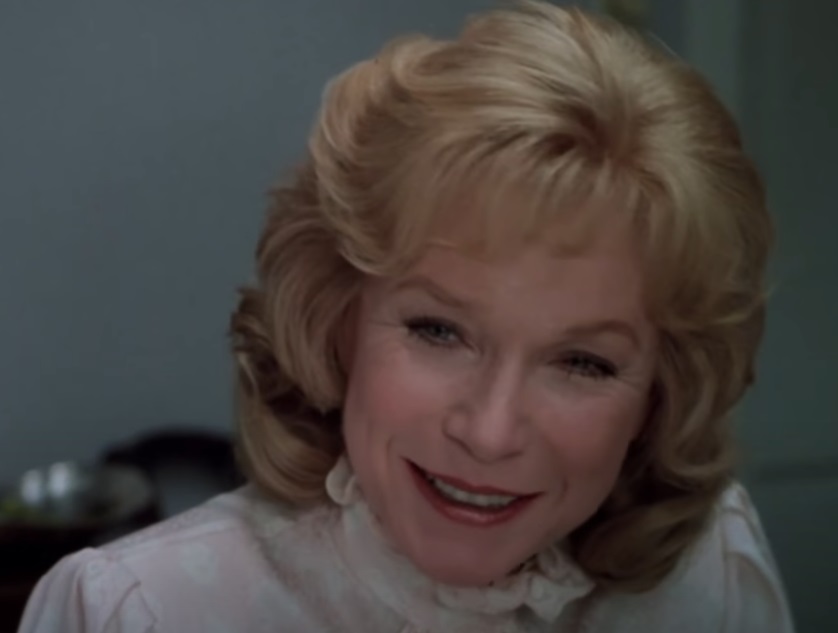 Paramount, Terms of Endearment (1983)
Paramount, Terms of Endearment (1983)
The Lost Weekend (1945)
This film was an honest depiction of alcoholism, something of a rarity for the period. The message may seem somewhat tame by today’s standards but it otherwise holds up as a film.
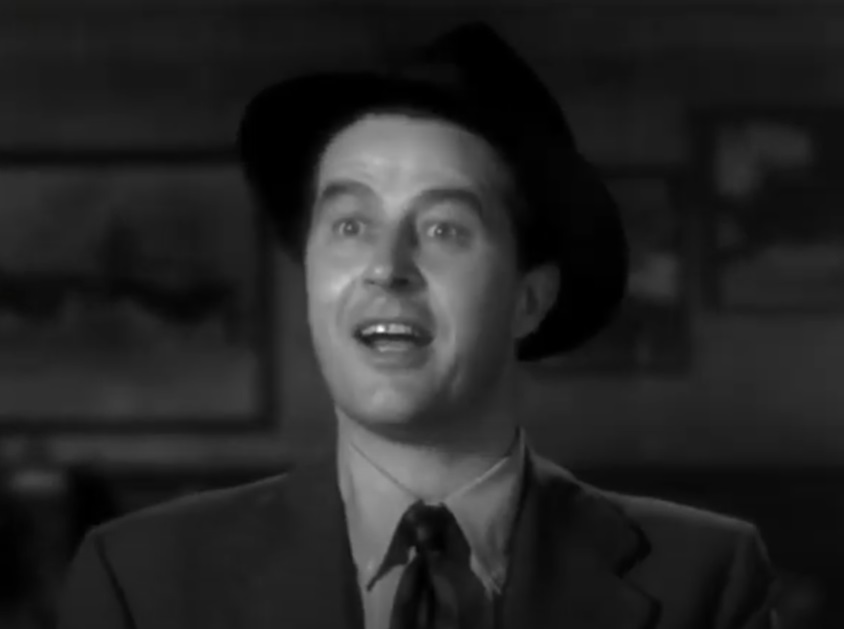 Paramount, The Lost Weekend (1945)
Paramount, The Lost Weekend (1945)
Gentleman’s Agreement (1947)
This was a message film from the post-WWII period, focusing on antisemitism, something Hollywood rarely tackled at the time. It is seen now as somewhat clumsy and naïve, more earnest than thought-provoking.
 Twentieth Century, Gentleman's Agreement (1947)
Twentieth Century, Gentleman's Agreement (1947)
Tom Jones (1963)
Unless you’re a devotee of English literature, the name Tom Jones most likely evokes the Welsh heartthrob singer of “It’s Not Unusual”. Back in 1963, Jones was still Thomas Woodward and was renamed “Tom Jones” by his manager due to the film’s success. An adaptation of Henry Fielding’s 1749 novel, the film was a big success and then pretty much forgotten.
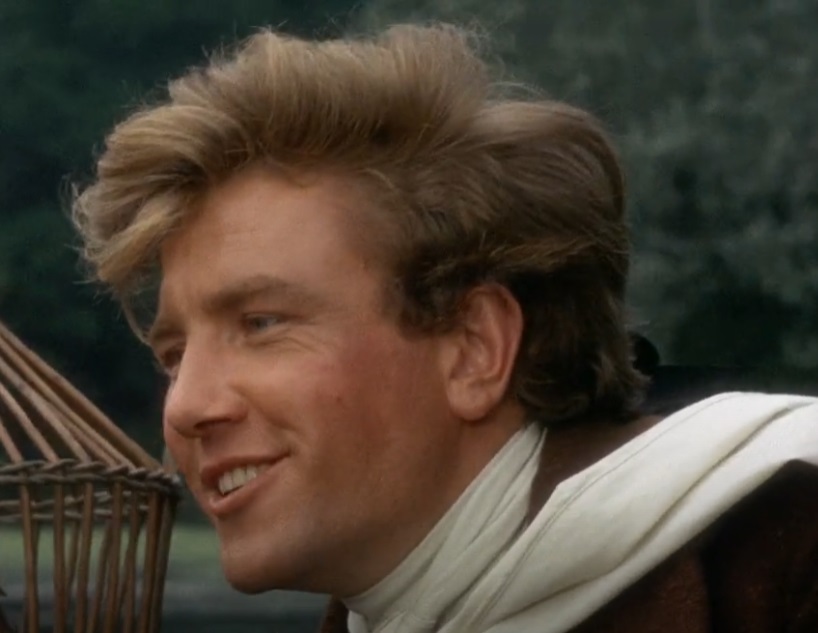 United Artists, Tom Jones (1963)
United Artists, Tom Jones (1963)
Going My Way (1944)
This was probably an ideal film for a world still embroiled in WWII. Bing Crosby portrays a golf-playing priest sent to work in a tough neighborhood parish in New York City. For today’s audiences, the film is dated, likable but too sentimental and saccharine.
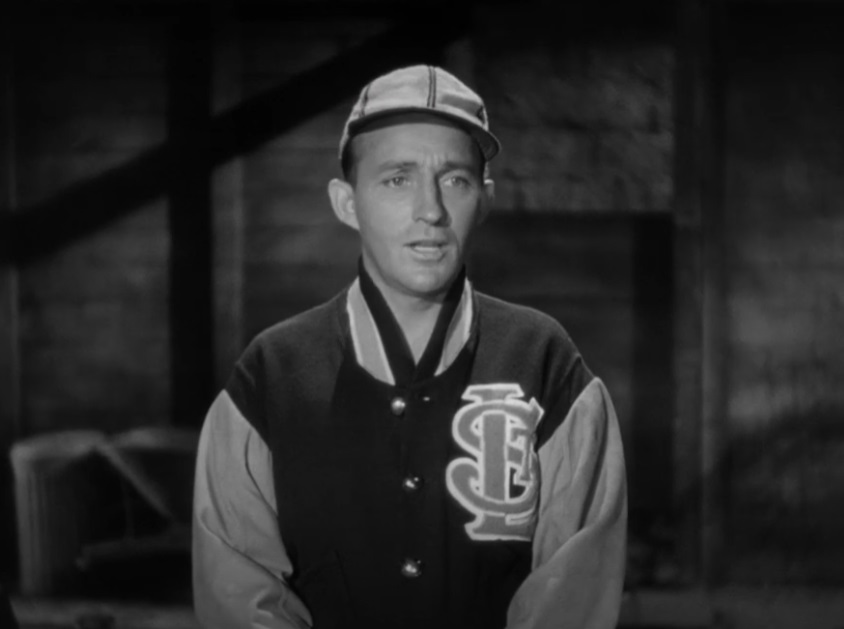 Paramount, Going My Way (1944)
Paramount, Going My Way (1944)
Around The World In 80 Days (1956)
There was nothing serious about this film. It was meant to be a jaunty, light-hearted adaptation of the Jules Verne novel, a showcase for the unflappable and debonair David Niven. That it won Best Picture has always been a surprise, especially against the epic films The Ten Commandments and The King and I.
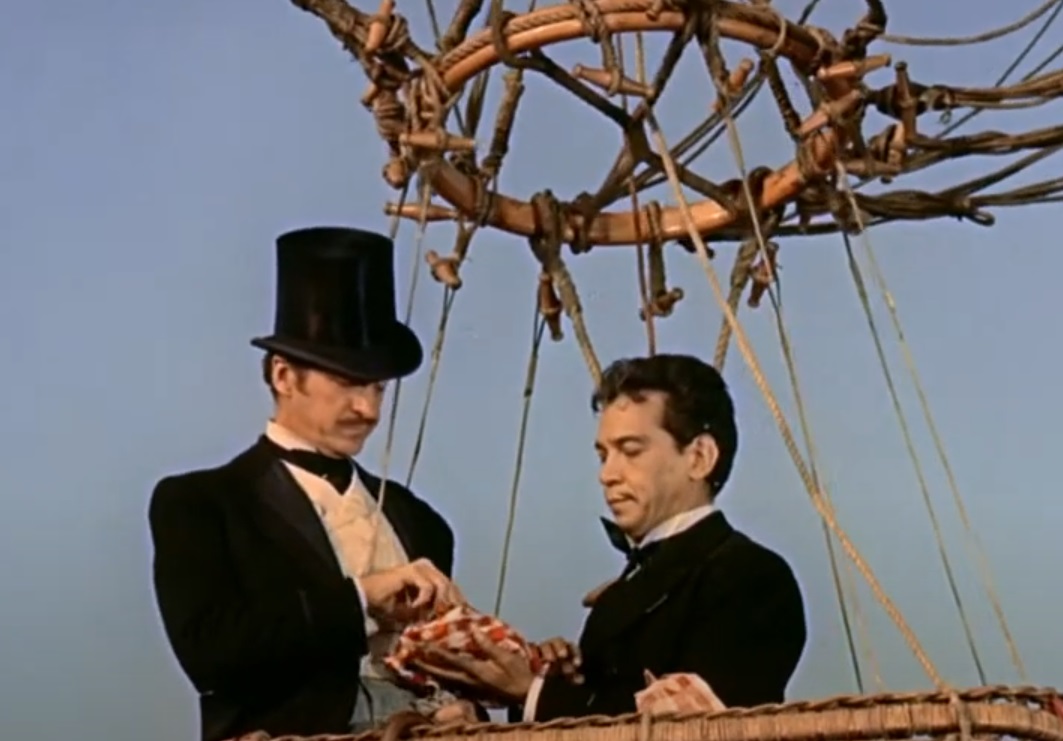 United Artists, Around the World in 80 Days (1956)
United Artists, Around the World in 80 Days (1956)
The Greatest Show On Earth (1952)
Four years before Around the World in 80 Days, another piece of fluff won Best Picture. Directed by Cecil B DeMille, who would go on to lose the Best Picture award for his biggest film (The Ten Commandments) in 1956, this circus melodrama contains very little for today’s audiences. Long and filled with cliches, critics today feel the Best Picture win was a lifetime achievement award for DeMille, particularly given its competition, including the undisputed classics High Noon and The Quiet Man.
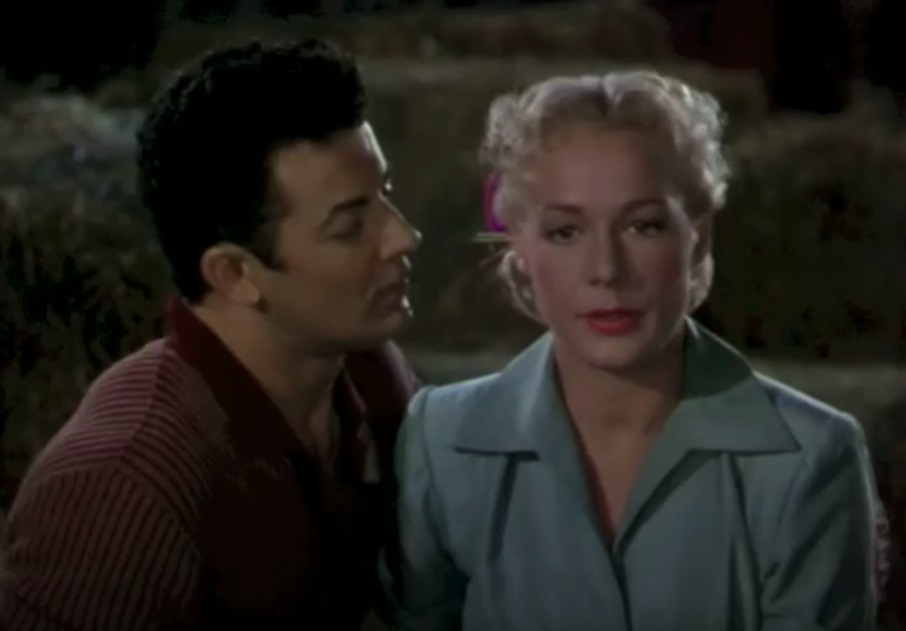 Paramount, The Greatest Show on Earth (1952)
Paramount, The Greatest Show on Earth (1952)
The Great Ziegfeld (1936)
This was a big, splashy musical biopic, seven years into the sound era of films. It’s stylish but long, and as a film about a producer of Broadway musicals, the film looks like it’s a stage production and is rarely viewed by anyone other than fans of old musicals.
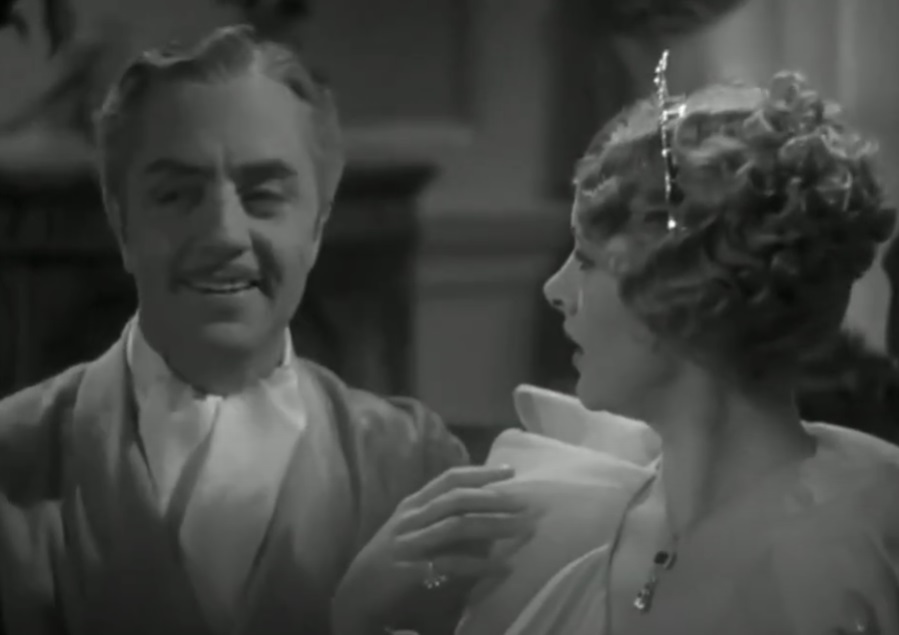 MGM, The Great Ziegfeld (1936)
MGM, The Great Ziegfeld (1936)
Cavalcade (1933)
Has anyone not alive in 1933 ever heard of this film? Based on the play by Noël Coward, the cast, including Clive Brook and Diana Wynyard, are hardly household names today and the film is very dated. Its only real claim to fame these days is that it was apparently a favorite of Adolf Hitler, who watched it multiple times with his Minister of Propaganda, Joseph Goebbels.
Cimarron (1931)
This is another early film that contemporary audiences have forgotten. Not considered great by any criteria, Irene Dunne’s strong performance is undermined by Cimarron’s dated stereotypes of First Nations peoples.
The Broadway Melody (1929)
This film is notable for mainly one reason: it’s a very early musical just as the silent era was ending. The film is important as the first full musical and for the fact that, production-wise, they were essentially operating by trial-and-error as no one had produced a film like this before. There is otherwise very little contemporary audiences would find compelling about this movie.
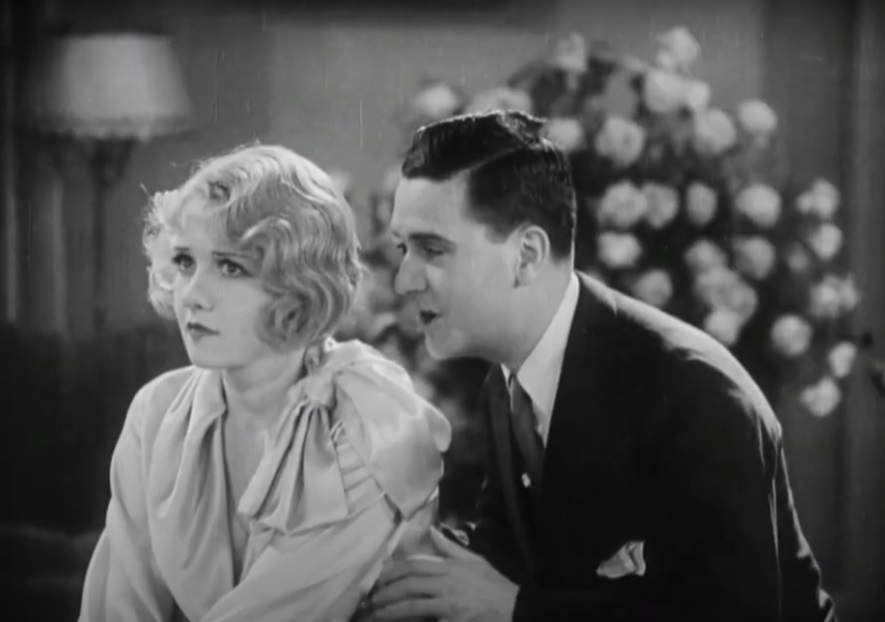 MGM, The Broadway Melody (1929)
MGM, The Broadway Melody (1929)
All About Eve (1950)
Contemporary audiences can sometimes be allergic to old black-and-white films, but as for film buffs—they love All About Eve. With riveting performances by Bette Davis, Anne Baxter, and Celeste Holm, the film is about an aging Broadway star and an ambitious young performer who works her way into the older woman’s life, threatening both her professional and her personal life. A dedicated fanbase notwithstanding, the film is mainly famous for being famous.
 Twentieth Century, All About Eve (1950)
Twentieth Century, All About Eve (1950)
On The Waterfront (1954)
Likewise, many people have heard of On the Waterfront, but how many have seen it? Rightfully considered a classic with a career-defining performance by Marlon Brando, these days, On the Waterfront is more quoted than seen.
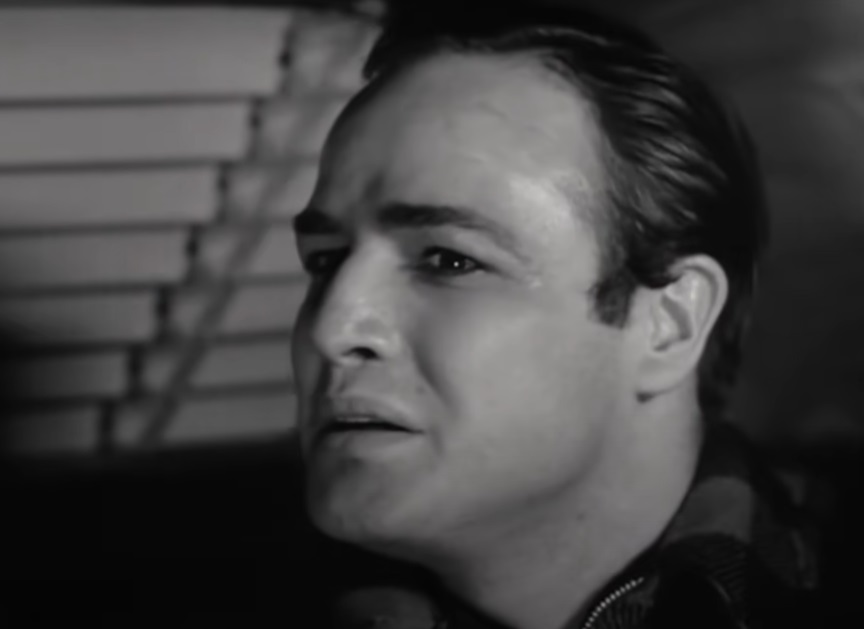 Columbia, On the Waterfront (1954)
Columbia, On the Waterfront (1954)
It Happened One Night (1934)
Released 20 years before On the Waterfront, It Happened One Night is another justified classic. A legendary romantic comedy starring Claudette Colbert and Clark Gable, the film is on most best-of lists but coming out in 1934, it remains too far in the past for many contemporary audiences.
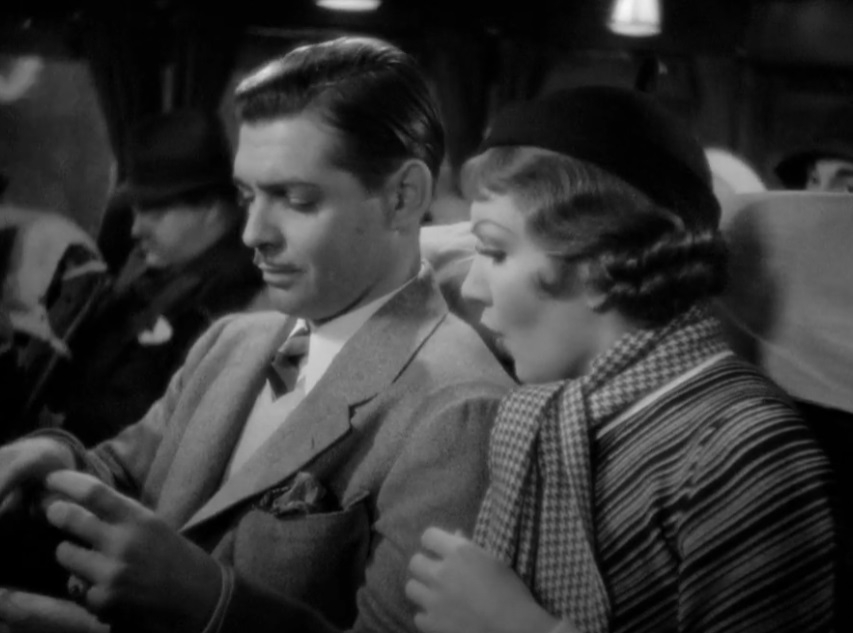 Columbia, It Happened One Night (1934)
Columbia, It Happened One Night (1934)
Rebecca (1940)
This was Alfred Hitchcock’s first American film and his only film to win Best Picture (Hitchcock himself never won a competitive Oscar). Rebecca is a highly regarded film, full of atmosphere and suspense and although it’s a fan favorite, it remains eclipsed by Hitchcock’s later movies such as Rear Window, Vertigo, and Psycho.
 United Artists, Rebecca (1940)
United Artists, Rebecca (1940)
All Quiet On The Western Front (1930)
Much like the other early sound films, this classic is sometimes overlooked by contemporary audiences. A 2022 German version, also based on Erich Maria Remarque’s 1929 novel, was a critical and commercial success, pushing the 1930 film further back into history.
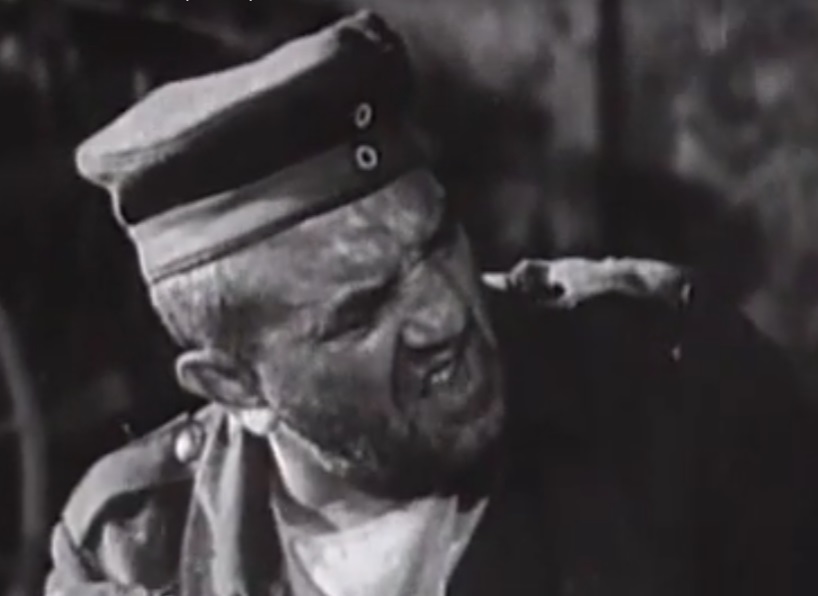 Universal, All Quiet on the Western Front (1930)
Universal, All Quiet on the Western Front (1930)
Sunrise (1927)
The Academy Awards were first handed out in 1929, just as movies were making the transition to sound. For that first ceremony, silent films dominated the nominations and this classic silent film won Best Unique and Artistic Picture (there were two Best Picture categories, the other being Outstanding Picture, won by Wings). Sunrise is considered one of the last great silent films but, sadly, it’s rarely watched outside of a film class.
The Best Years Of Our Lives (1946)
A big film in 1946, The Best Years of Our Lives concerned the returning veterans of WWII. Considered a classic of its kind, it was mainly relegated to late-night television broadcasts in the pre-streaming days and like many black-and-white films, it’s nowhere to be seen today.
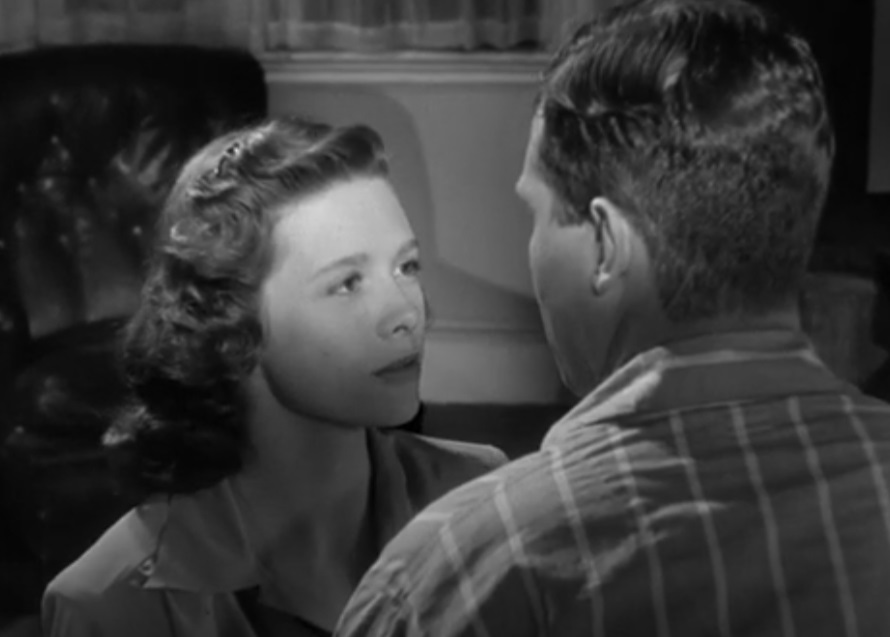 RKO, The Best Years of Our Lives (1946)
RKO, The Best Years of Our Lives (1946)
All The King’s Men (1949)
A riveting film about power and corruption in politics, this was a hard-hitting film for the 1940s. A wonderfully acted drama, it nevertheless seems a little dated and overdone for contemporary audiences.
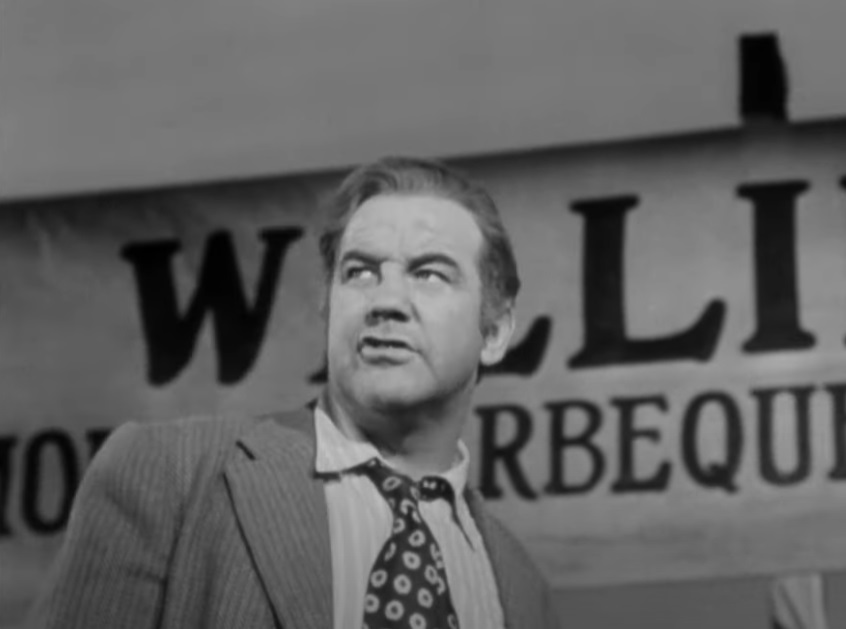 Columbia, All the King's Men (1949)
Columbia, All the King's Men (1949)
The Bridge On The River Kwai (1957)
This is a great epic film that for a certain segment of the filmgoing public is worthy of repeated viewings. Complex and wonderfully acted by Alec Guinness, the film is also very much of its time.
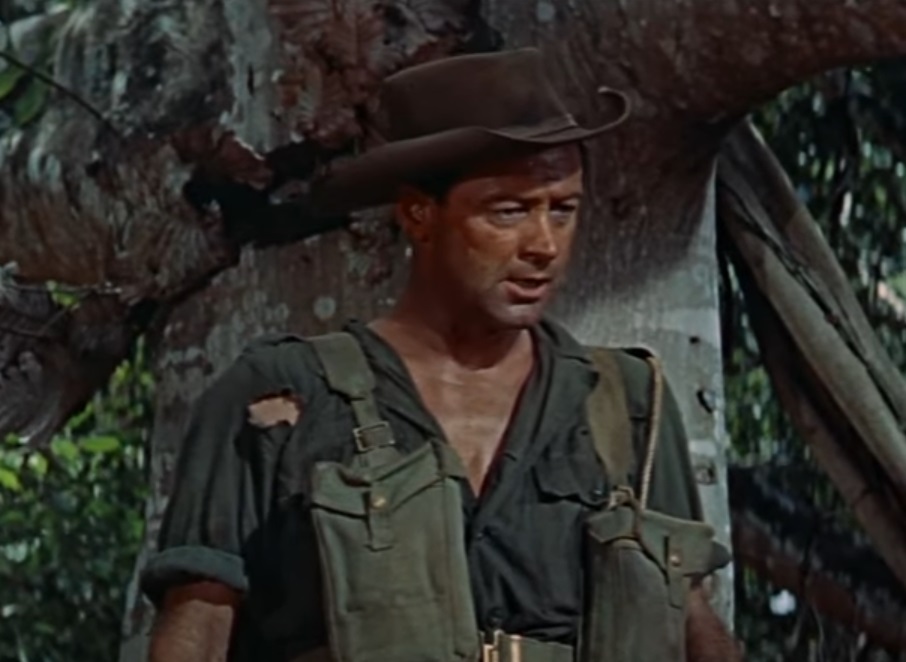 Columbia, The Bridge on the River Kwai (1957)
Columbia, The Bridge on the River Kwai (1957)
In The Heat Of The Night (1967)
A difficult and intense film about racism in a small town, this film’s message holds up today. However, it may no longer be well known to contemporary audiences.
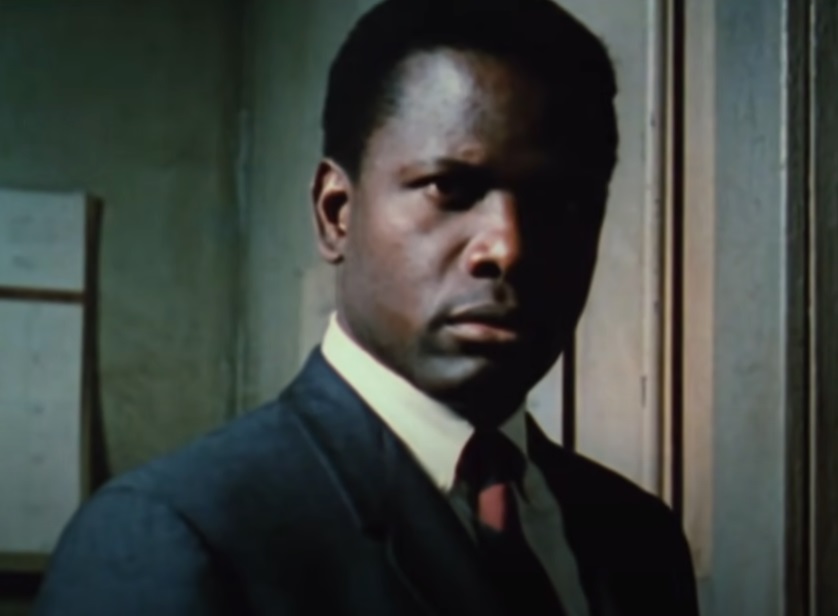 United Artists, In the Heat of the Night (1967)
United Artists, In the Heat of the Night (1967)
Marty (1955)
A classic film about a working-class man, this romantic drama is a wonderfully acted character study. It also seems to get lost among some of the more famous films from the 1950s. It’s possibly best known today for being a key plot point in the 1994 film Quiz Show, about the rigging of game shows in the 1950s.
Mutiny On The Bounty (1935)
An epic and over-the-top film with many historical inaccuracies, it was nevertheless fun, and Charles Laughton’s larger-than-life Captain Bligh is a highlight. Produced in 1935, and with successful versions being released in 1962 and (as The Bounty) in 1984, the earlier production tends to be forgotten.
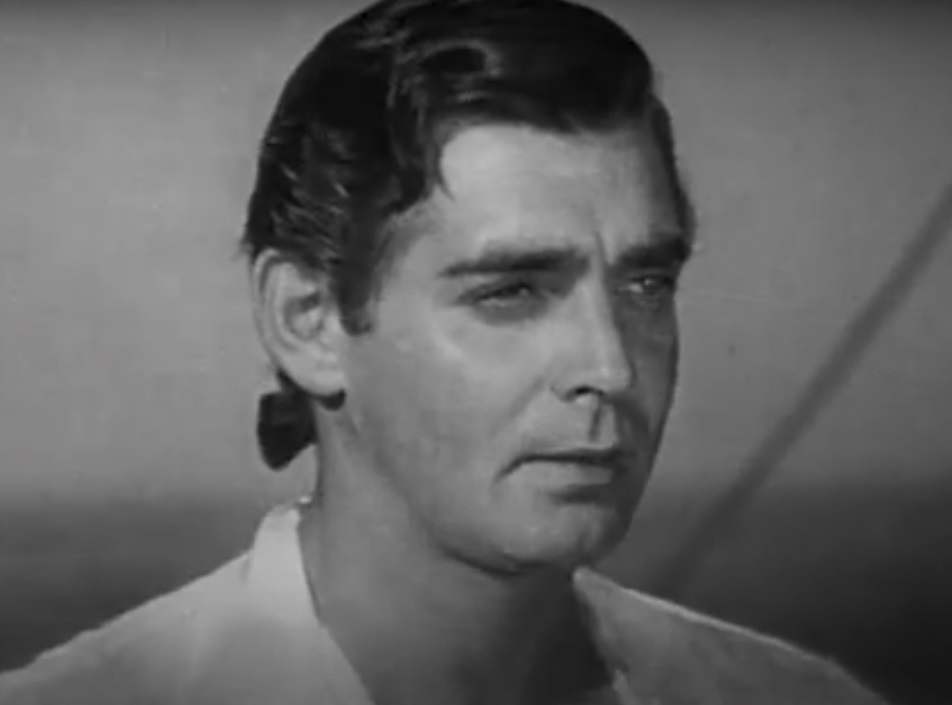 MGM, Mutiny on the Bounty (1935)
MGM, Mutiny on the Bounty (1935)
Hamlet (1948)
This film proved movie audiences would watch Shakespeare, and Laurence Olivier’s interpretation of Hamlet paved the way for further films based on Shakespeare’s plays. Nevertheless, despite its acclaim as the best-filmed version of Hamlet, the 1948 movie is rarely watched by contemporary audiences.
An American In Paris (1951)
A big and colorful musical, An American in Paris was filled with George and Ira Gershwin’s music and the star power of the legendary Gene Kelly and Leslie Caron. The plot is contrived but fans don’t really care. Outside the fandom of musical buffs, this one tends to be less known than some of the bigger musicals of the era.
 MGM, An American in Paris (1951)
MGM, An American in Paris (1951)
My Fair Lady (1964)
This is another example of a musical where the songs are more famous than the film. Fans of Audrey Hepburn and Rex Harrison of course love My Fair Lady, but like many films of the era, it is no longer readily seen on television and few streaming services carry it.
 Warner Bros., My Fair Lady (1964)
Warner Bros., My Fair Lady (1964)
The Apartment (1960)
A witty comedy romance with a winning cast, The Apartment is very much of its time. As a period piece, it has much to recommend, but it does not enjoy the popularity of today’s audiences.
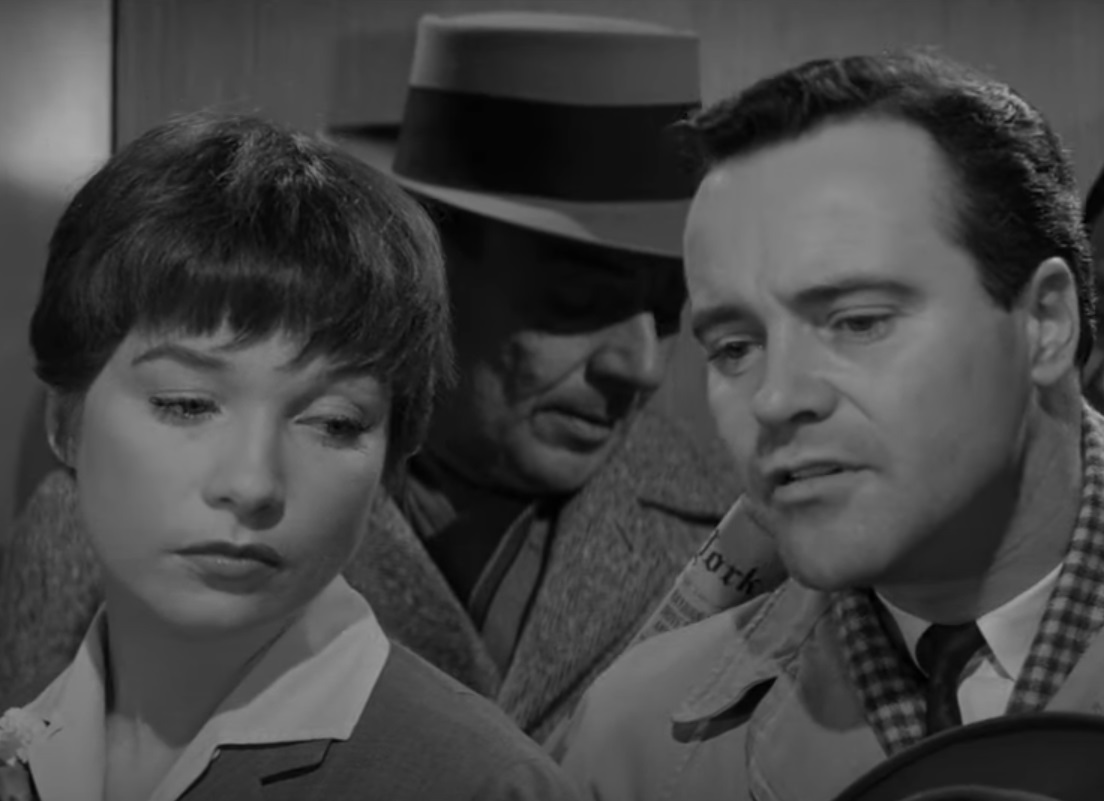 United Artists, The Apartment (1960)
United Artists, The Apartment (1960)
You Can’t Take It With You (1938)
An uplifting film by Frank Capra, this positive movie resonated with late-1930s audiences. Other than James Stewart, the cast is mostly actors unfamiliar to today’s audiences, while the sentiment of the film may not hold up today.
 Columbia, You Can't Take It with You (1938)
Columbia, You Can't Take It with You (1938)
Mrs Miniver (1942)
A bit of propaganda released amid WWII and set in England, Mrs Miniver concerns a middle-class family learning to cope with the conflict, told in a series of vignettes. For today’s audiences, the film may come across as a little too cloying to be enjoyable.
Wings (1927)
A Best Picture winner in 1929, this was the only silent film to win. It’s actually a pretty gripping movie about WWI but it is also a romance and the film was mainly a starring vehicle for the original It Girl, Clara Bow. As a silent film, audiences tend to be unfamiliar with this one.
Kramer Vs Kramer (1979)
This film is remembered for its subject—divorce—and for the performances of Dustin Hoffman and Meryl Streep. It also beat out Apocalypse Now for Best Picture, something that seems a bit surprising these days. Other than that, it’s not a film people talk much about—and if they do, it's more likely to be in relation to the scandalous things that took place behind-the-scenes.
In a 2018 interview, Meryl Streep revealed just how much of a nightmare it could be to work with Dustin Hoffman. Kramer infamously improvised breaking a glass in one scene, but then he took his method acting even further, going so far as to actually slap Streep without any warning.
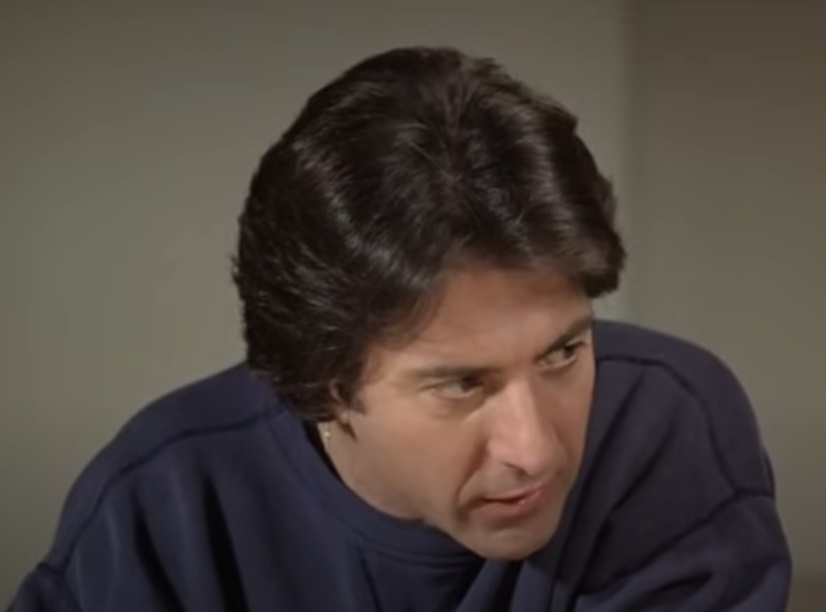 Columbia, Kramer vs. Kramer (1979)
Columbia, Kramer vs. Kramer (1979)

